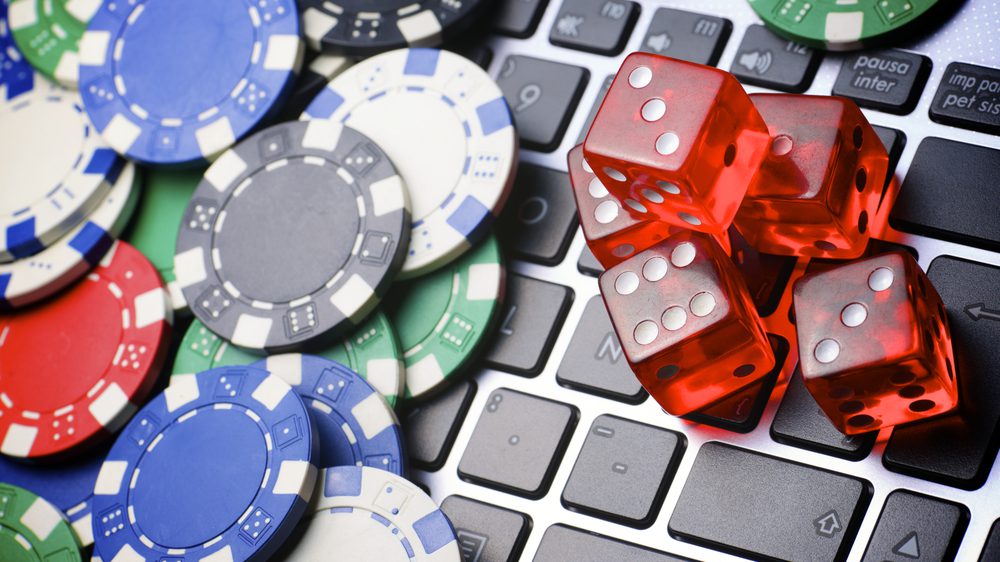Gamification is something a whole generation is familiar with across a range of media, but have online casinos got the competitive, collaborative and social elements of their gamified experience right?
It is one of the subjects Karolina Pelc, strategic adviser and founder of Basic Strategy, will address when she chairs the associated panel at the CasinoBeats Malta Digital conference and exhibition.
Here Pelc examines the uses of gamification in the online casino sector and the potential it offers operators looking for better ways to engage with and retain players.
Have we really seen the business benefits of gamification?
We have seen some benefits of gamification, but we have not yet seen the real benefits of an online gaming community maximised where players organically drive engagement amongst themselves.
Great implementation can be seen through provider initiatives like Yggdrasil’s, which turns a losing spin into an opportunity for the player to achieve something else and where many operators draw the player’s attention away from each spin’s zero-sum result and towards a bigger goal with the use of tournaments.
But it’s only when players start planning their weeks around a virtual event in the same way as they would for ‘raid night’ or a ‘clan war’, then we could say we have seen the benefits of true gamification.
I also feel more could be done to use gamification to champion responsible gaming, using the social elements to move away from the alienated experience where things can take a wrong turn much more easily.
Do players want a gamified experience? Does reaching the top of a leaderboard make a difference? What more can be done?
If our definition of gamification is simply adding a leaderboard to a slot interface and handing out badges with no value to the player, then no, players probably don’t particularly want that.
If you asked a teenager playing Pac-Man in the 80’s whether he’d want a gamified experience, his answer wouldn’t be relevant. His whole bankroll and summer would have been dedicated to chasing a single high score on that screen with little to no distraction.
Forty dopamine-fuelled years later, that same player has matured and so has his media consumption behaviour. His screen time is now being shared between a plethora of hyper engaging feature-rich media that has naturally evolved to adapt to his fickle loyalty and binge consumption.
Our product is all about gaming and, in my view, we do not need to gamify it at the core to make it engaging. However, other mediums such as video gaming have evolved and it is an area where we as an industry have fallen behind.
We should focus more on the emerging trends, utilise the opportunity to experiment and offer games where players can build their experience, challenge one another in real-time, engage in community discussions and stream their experiences live to an audience of millions.
When it comes to gamification, have we seen the best it has to offer?
No. Gamification elements and engagement keep developing as our players and their consumption of entertainment do. It is not a single feature that can be built and delivered, but a complex philosophy in product design and user engagement.
We need to keep looking ahead to see where the next opportunity and threat will come from and find ways to offer the right time-relevant solution to our players.
Are players demanding a gamified experience? What research has been done to identify that players want this?
Supercell, a F2P mobile games company leading the way in gaming engagement mechanics is valued at US $10bn, with a total of five games.
Peloton, a fitness company valued at US $4bn uses gamification features like leaderboards, achievements, challenges and community interaction heavily in the success of its product.
These are companies that currently compete for shared screen time with our players.
The recent growth of DraftKings and their smooth transition into the gaming market should be a further indication that our players use these features daily to consume the majority of their media alongside our products and it has become a standard of expectation.
Where is gamification going next?
Gamification has the potential to break the existing casino stigma that players do not engage socially because it is a private activity and that they do not want to share their wins and losses.
It is already being successfully challenged by the rise of streamer communities and the success they drive for game launches and operators, who recognise the power of Twitch and creating a conversation about the game.
Gamification gives players who share an interest in online gambling a reason to interact and challenge one another in massive multiplayer communities.
When we harness that power to allow players to gain meaningful recognition and status with their achievements, they will start working together to achieve goals and encourage one another. The clear untapped opportunity is building brand loyalty to their favourite casinos in a way that we have not witnessed since the days when poker was king.
Karolina Pelc will chair a panel featuring Ross Parkhill (MD, Rhino Entertainment), David Flynn (CEO, Swintt), Andy Braithwaite (CCO, Unibo) and Uri Admon (CEO, Captain Up) as they share insights on the benefits of gamification in online casino at CasinoBeats Malta Digital.
The session takes place on the final day of the event, which runs from 30 June to 2 July 2020. To see the full agenda, programme of networking sessions and exhibitor list, please visit the official CasinoBeats Malta Digital website.













